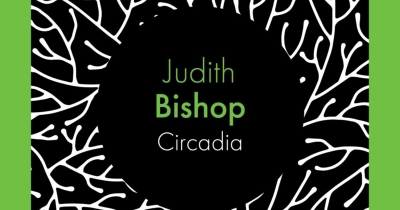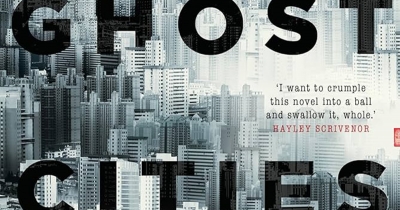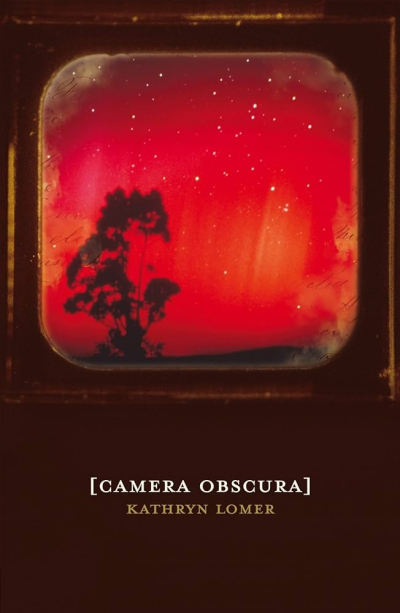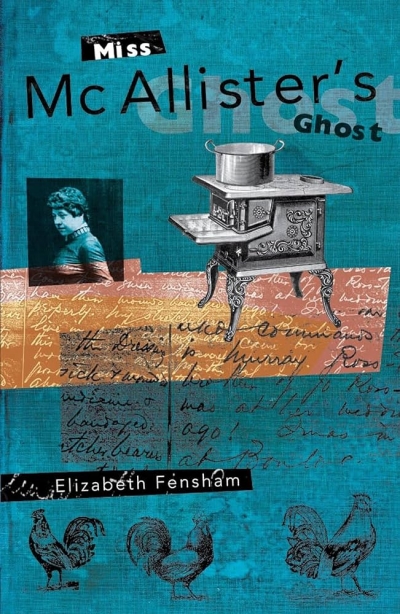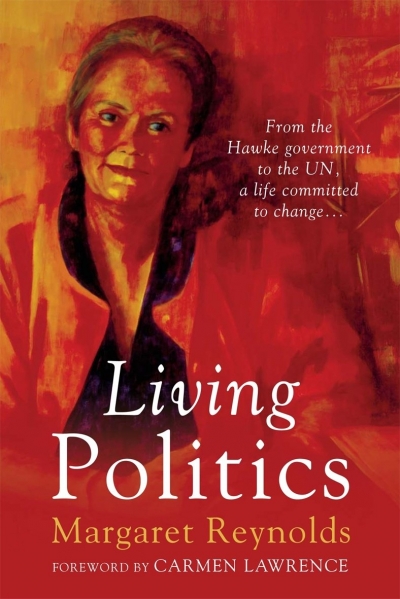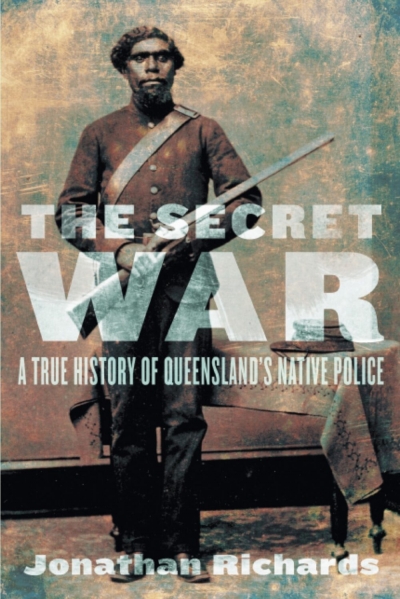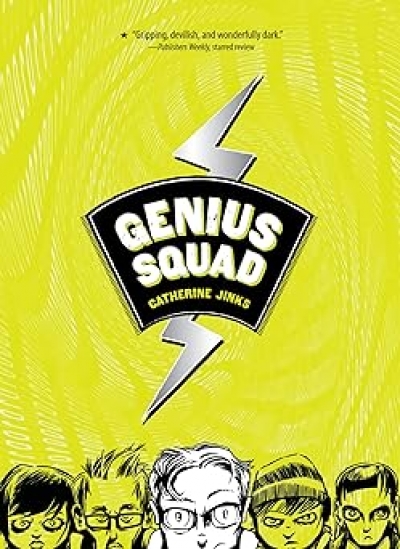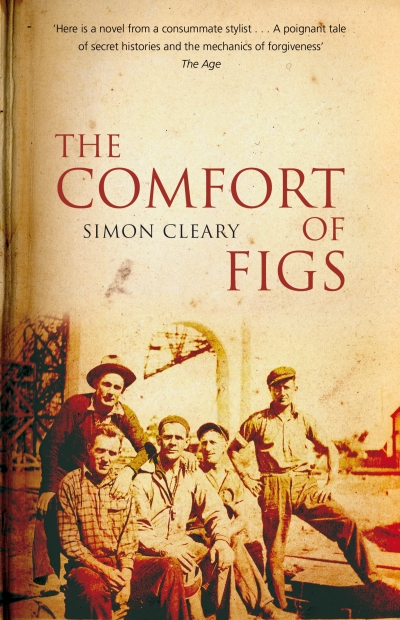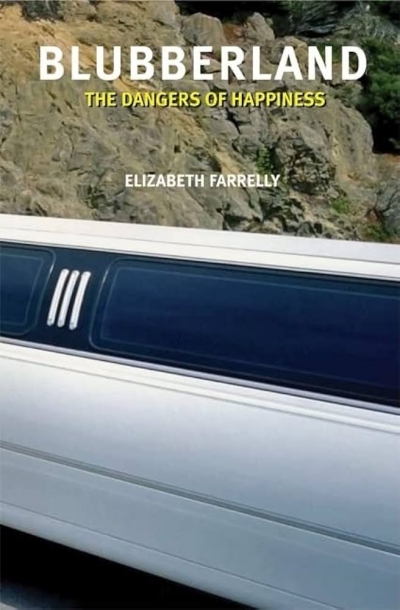UQP
Sign up to Book of the Week and receive a new review to your inbox every Monday. Always free to read.
Recent:
Miss McAllister’s Ghost by Elizabeth Fensham & Take it Easy, Danny Allen by Phil Cummings
by Anna Ryan-Punch •
The Secret War: A true history of Queensland's Native Police by Jonathan Richards
by Russell McGregor •
Genius Squad by Catherine Jinks & At Seventeen by Celeste Walters
by Maya Linden •


